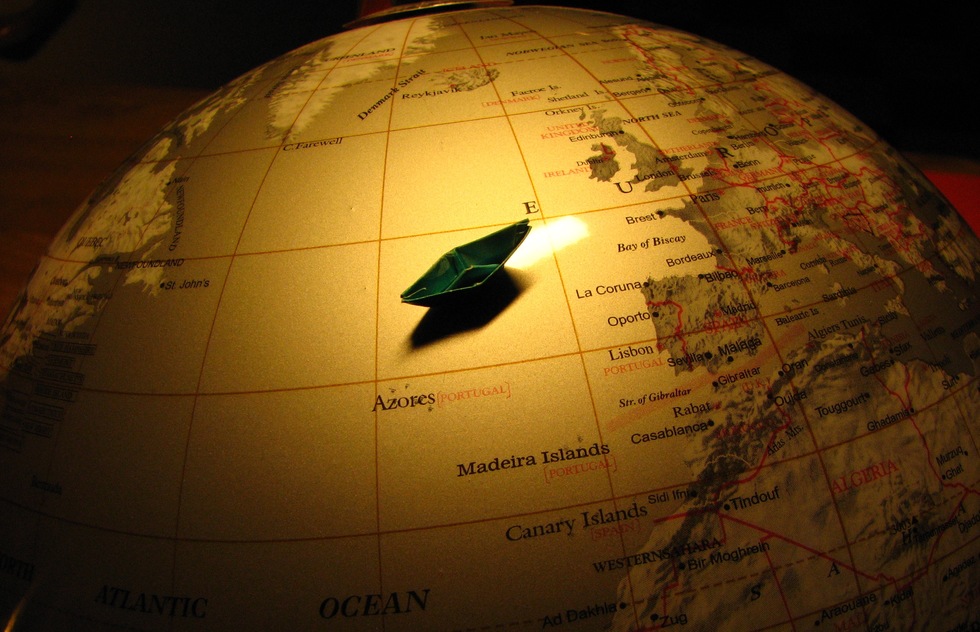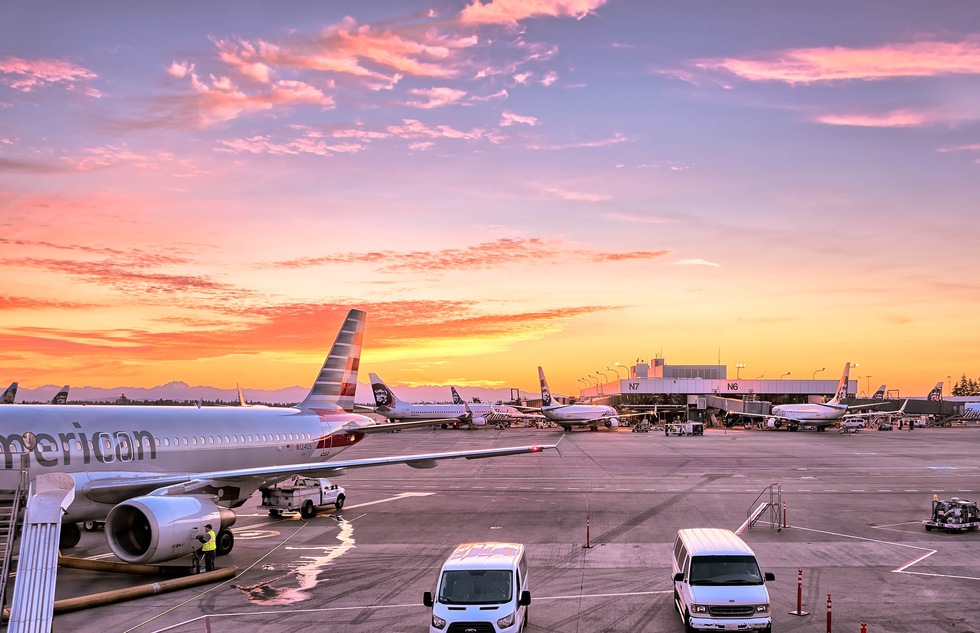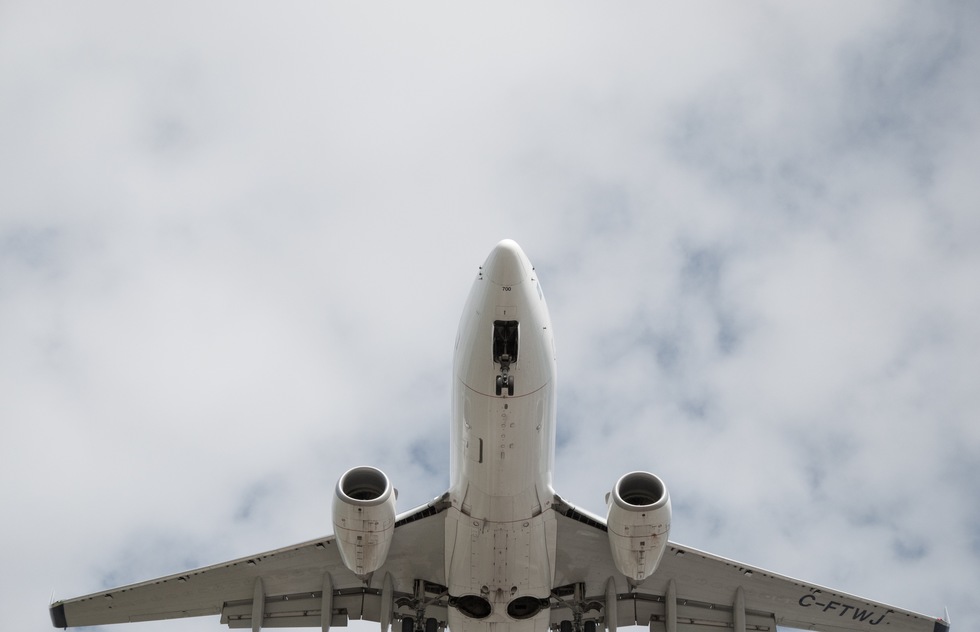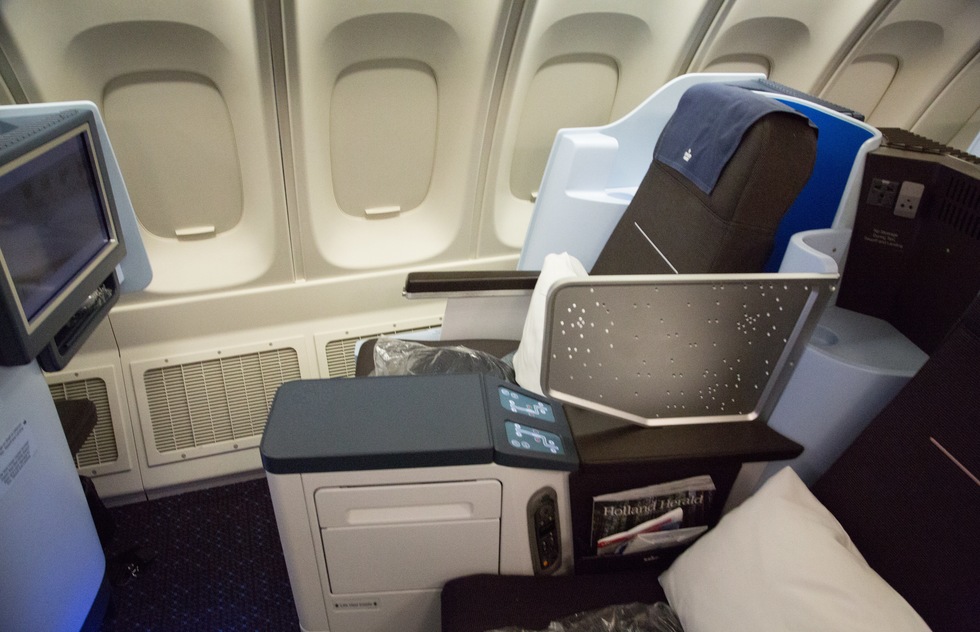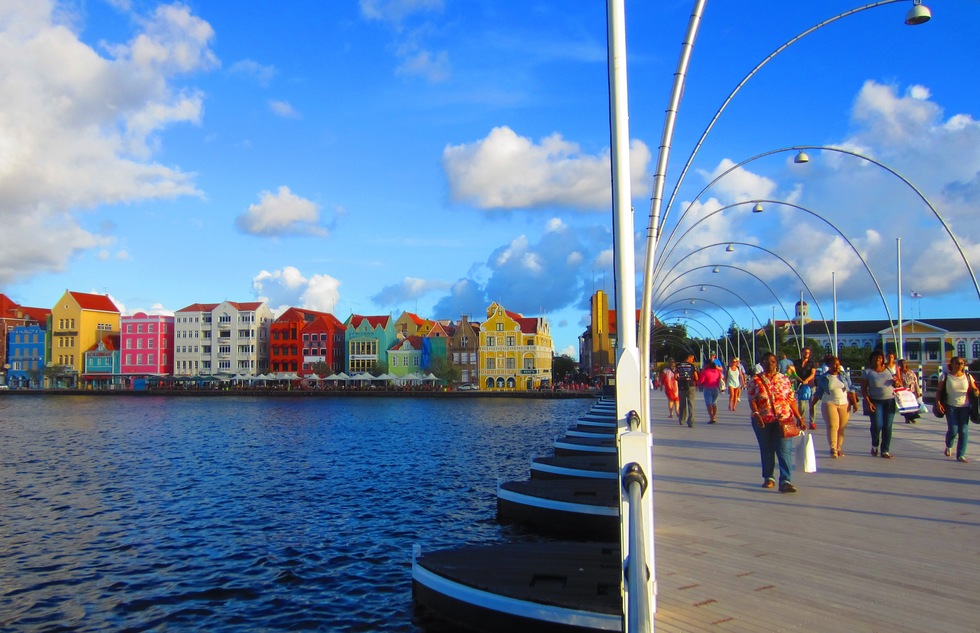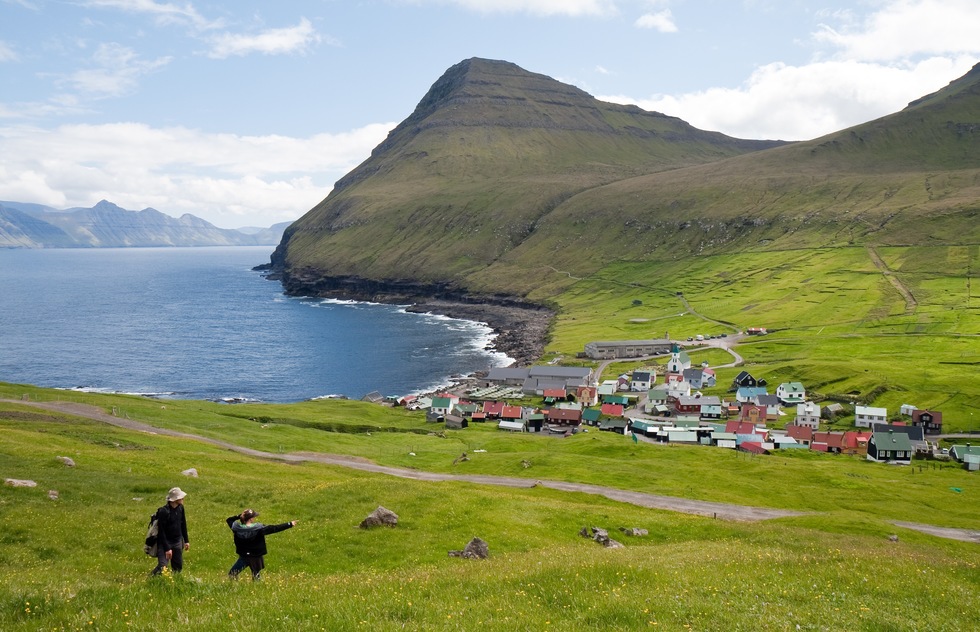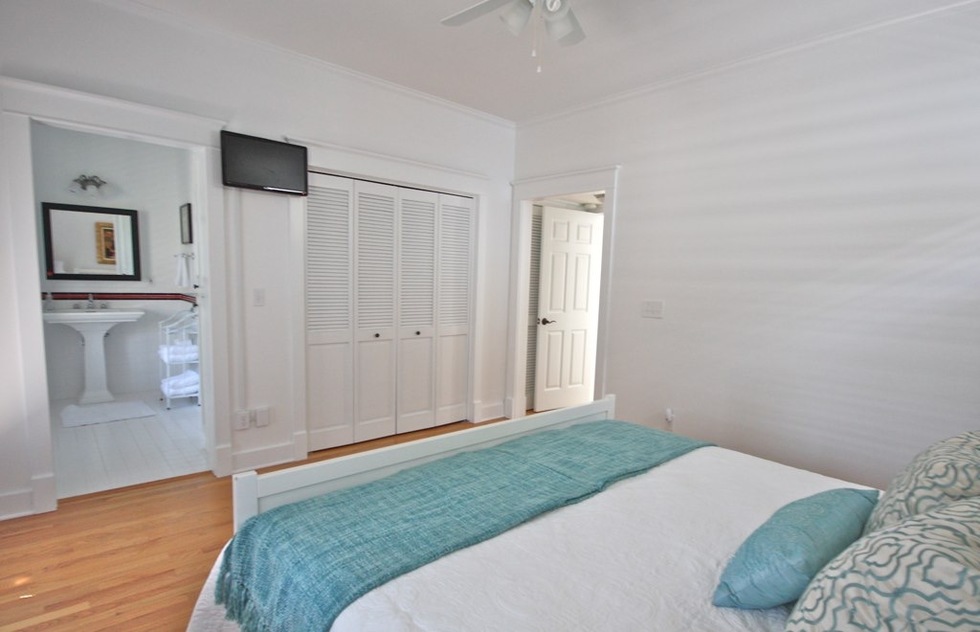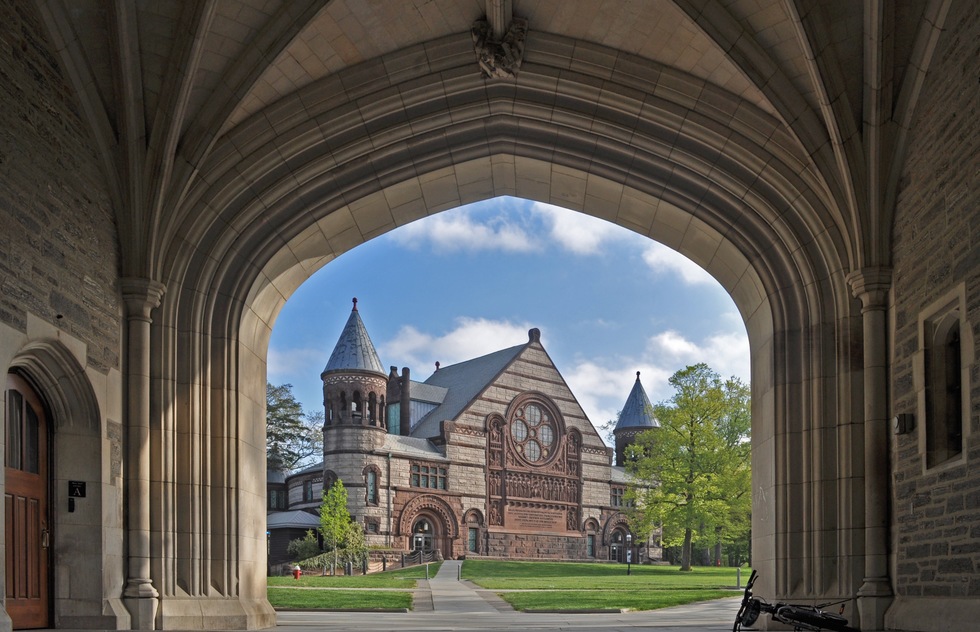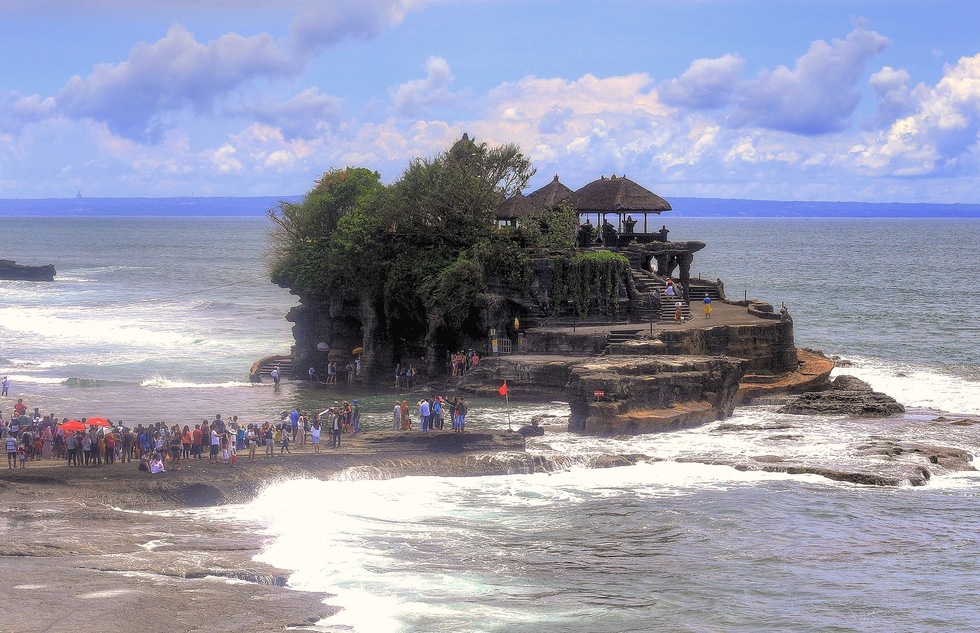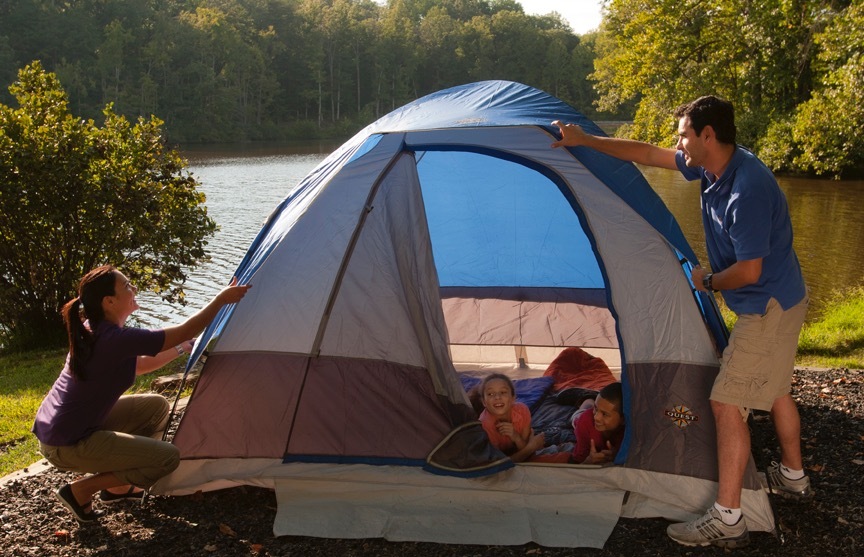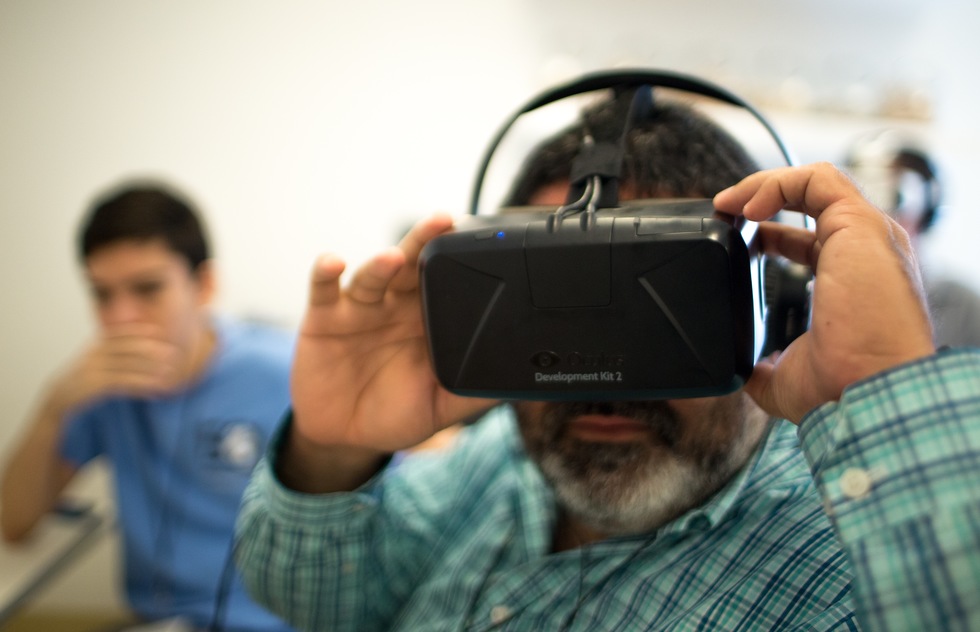The Travel Trends That Will Shape Your Next Vacation
By Pauline Frommer
Spin the globe: Where will you go in 2017? And just as importantly, what recent developments and coming events will shape your trip? It's prediction time again, so I spoke with nine travel experts to get their take. Buckle up, because the coming year could bring some bumps in the road as well as some happy developments.
Air Travel Costs Going Down
We'll start with the positive. For those planning to fly from the United State to other parts of the world, the picture is rosy. "Airfares to Asia, and within Asia, have fallen as much as 20% in the last six months thanks to an overabundance of airlift there," says Greg Geronemus, CEO of the tour company SmarTours. "Not only are base fares are down, but the demise of the fuel surcharge is further helping with pricing."
"Competition between such Middle Eastern carriers as Etihad, Emirates, and Qatar is also leading to drops in fares not just to that part of the world, but also to areas of Africa and Europe,” says Geronemus. "You'll routinely find airfares from the US to Europe that are less than you'd pay to fly from New York to California." Best news of all: The deals aren't just from New York and Los Angeles. A number cities—Fort Lauderdale, Philadelphia, Houston, Chicago, to name a few—also now act as hubs for discounted international flights.
"Competition between such Middle Eastern carriers as Etihad, Emirates, and Qatar is also leading to drops in fares not just to that part of the world, but also to areas of Africa and Europe,” says Geronemus. "You'll routinely find airfares from the US to Europe that are less than you'd pay to fly from New York to California." Best news of all: The deals aren't just from New York and Los Angeles. A number cities—Fort Lauderdale, Philadelphia, Houston, Chicago, to name a few—also now act as hubs for discounted international flights.
Air Prices Get Complicated, Which Could Lead to Increases
Not all fares, or to be more precise, not all components of airfares, will be slanted in the traveler's favor. "The airline’s ideal is that passengers pay for the exact, specific services that they want," explains Chris Lopinto, President and co-Founder of ExpertFlyer.com. "So right now, all of the major carriers are redeveloping their back-end systems to offer not just fares, but also menus of services to be offered to flyers when they book a flight”. Translation: more nickel and diming. Lopinto notes that the "Economy Basic" fares recently announced for United and Delta (and coming from American Airlines) will have passengers paying for many services they used to get for free, such as the ability to choose a seat or use the overhead bin. Lopinto believes that these new extra charges are just the beginning. "The last shoe never drops," he says.
Free Flight Upgrades Will Be Scarcer
Lopinto has more bad news when it came to loyalty programs: Those will now be tied not only to status, but also to the dollar amount spent. "Next year, American Airlines' Elite flyers will go to the airport, get on the list to get an upgrade, and then find out that their chances are no longer based on their place in the queue but on how much they spent over the past year, alongside their status," he says. "It's just another example of the continuing devaluation of loyalty programs, even for the top-tier elites." Lopinto is sure that the other airlines will soon follow American’s lead on this one, and if history is any guide, he's correct. Another ugly development: More business class seats are being peddled to passengers for an extra fee as they check in, so there be fewer biz class seats in the pool for upgrades to begin with. My big prediction? Huge tension at airport gates in 2017.
For Cruisers: Longer Port Stays
The basic itineraries of many cruises have been changing, allowing passengers more time to actually see the destinations they boarded ships to visit. "If you get in to a port at 9am and have to leave by 2, it’s a frustrating experience and many in the cruise industry have listened to the complaints they’ve been getting from passengers," says Carolyn Spencer Brown, Editor-in-Chief of CruiseCritic.com. "In 2016, Costa Cruises, Celebrity, and MSC all added 3 to 4 hours in many ports—that’s significant. And Oceania has added a lot more overnight stays, which is terrific." But with every upside there’s often a downside. "Of course, to make room for that extra time in port, a lot of cruises have eliminated sea days. It's going to be 'go, go, go' with no breaks. So you just might need another vacation when you get home," says Spencer Brown.
More Americans Heading to Europe
It seems the fears that damaged transatlantic travel in 2016 are starting to dissipate. Henrik Kjellberg, the president of Hotwire.com, reports, "We are seeing strong growth in bookings to Europe. Key cities like London and Paris are up in the double digits, driven by great supply and strong dollar." Greg Geronemus of SmarTours says that his business has seen a 30% increase for that region since early October.
Trouble Spots Lead to New Ideas in Cruise Itineraries
Responding to plummeting interest in Mediterranean cruises, a number of lines have pioneered new routes. "Cruising in the Baltic has become much more popular in response to problems in the Med. We’re also now seeing off-the-beaten track itineraries from some of the lines, like Iceland and the Faroe Islands," says Spencer Brown. "Celebrity is going to offer cruises out of Dublin, which gives it opportunity to go to the more exotic European ports. Princess now has a sailing that only goes to Japanese ports, one of just many Asian itineraries that the cruise lines are trying to get Americans interested in. All in all, the expansion of cruise destinations is excellent news for passengers."
Pictured: The Faroe Islands
Pictured: The Faroe Islands
Alternative Accommodations Become Less Alternative
"Much of the alternative accommodations field, rather than being hosted by retirees and individuals looking to earn a little extra money, will actually be managed as a business by more professional individuals and entities," says Andrew McConnel, the CEO of Rented.com, a management solutions marketplace. Even now, some 40% of Airbnb listings are now from "professional hosts" whose only job is hospitality, and not from everyday residents with space to spare. The growing demand for instant booking of rentals is one of the major reasons for the shift. Owners who manage just one or two properties don't have the ability to turn around requests that quickly, and may prefer more time to vet potential guests. That may be part of the reason why VRBO.com, which has been pushing hosts to accept instant bookings, lost 30,000 listings in October of 2016 alone: Mom and Pop are being forced out.
"All of the major players, as of mid-2016, now get a cut of the rental income," notes McConnel. "That means that the bigger earners will be pushed to the top of the search results, and inevitably, those are the ones that accept instant bookings. So yeah, you'll still be able to find the yurt being rented in someone's backyard, the treehouse, or the boat that accepts guests. But you may have to look deeper in the search to find it."
"All of the major players, as of mid-2016, now get a cut of the rental income," notes McConnel. "That means that the bigger earners will be pushed to the top of the search results, and inevitably, those are the ones that accept instant bookings. So yeah, you'll still be able to find the yurt being rented in someone's backyard, the treehouse, or the boat that accepts guests. But you may have to look deeper in the search to find it."
Hotel Companies Jump into Apartment Rentals
It's not new for individual hotels to have one or two apartments that they rent on the side. But recently, large chains have been making up for lost market share with this sort of expansion, which is big shift for the consumer. "The entry of hotel chains into the apartment rental space is going to shift the experience dramatically," says Beckler of AllTheRooms.com, a lodgings booking site. "Now, when you need to get the keys for your apartment, you'll be able to [pick them up from] the front desk of a nearby hotel, which will be open 24/7. You'll have all the advantages of staying in the hotel—you'll get to use its swimming pool and gym, you'll have maid service—but you'll also have the space and kitchen amenities an apartment rental provides." One Fine Stay, an all-luxury iteration of Airbnb, was recently acquired by the huge hotel company Accor. And the international chain RoomMate Hotels has spun off Bemate for apartment rentals. More of these types of partnerships/hybrids are likely coming down the pike.
Bedding Down at Universities
Colleges around the globe have long opened their dorms to budget travelers when students are out of school as a way of making a bit of extra cash. But the latest movement is a bit different: Now universities around the U.S. are creating on-site hotels and/or short-term apartment rentals for year round use. "The ideal of 'Living and Learning Communities' is being widely talked about in the educational world, and many administrations want to continue that experience for their alumni by offering hospitality," says Elizabeth Lowrey, a principal at Elkus Manfredi Architects, a firm that’s been involved in designing these lodgings. Some of the campuses that offer lodgings to visitors include Trinity College in Hartford, CT; Macalester College in St. Paul, MN; and Rutgers University in New Jersey. Obviously, this is a way to keep alumni engaged with their alma maters. But for ordinary travelers, too, the opportunity to stay on these vibrant, active, and often architecturally striking campuses is a big win.
More Visa Restrictions for United States Citizens
"If you’re going to be traveling to a predominantly Muslim country, now is the time to go, before waiting for a retaliatory action to our increased entry requirements," advises William Beckler, CEO of AllTheRooms.com. Beckler and others in the travel industry expect that if Trump makes good on his promise to restrict Muslims from entering the United States, predominately Muslim countries will retaliate with their own visa restrictions against U.S. citizens. "Right now, [the U.S.] passport is the most widely-accepted one in the world," says Beckler. "But that could change overnight. When it comes to visa rules, there are no Congressional steps necessary. If the Trump administration wants to scrutinize people from Muslim countries, they're going to be able to implement that step quickly. And we could see a backlash just as quickly."
Pictured: Bali, Indonesia
Pictured: Bali, Indonesia
Family Camping Trips Are Back
According to a new study by KOA, the percentage of campers who will be exploring the wilderness with children in tow is approaching 50%, a big jump from five years ago when only 36% were families. "People are looking to get their kids away from all the screens," says Toby O’Rourke, COO of KOA campgrounds. "We’re seeing from our data that people are looking for experiences, looking for new ways to come together with their families and friends." Cynthia Dunbar, General Manager of REI Adventures concurs, noting that her company has greatly expanded its family wilderness offerings in the last two years.
More Diversity in Camping
"Some 30% of people camping for the first time last year were African American, Hispanic or Asian American, which is very exciting," says O’Rourke. She credits the efforts of the National Park Service for its hiring of Rangers with a wider variety of backgrounds than in decades past; and such advocacy groups as Outdoor Afro and Latino Outdoors for the creating excitement around the activity of camping.
Cuba—Less Accessible?
As we noted in a recent editorial by Arthur Frommer, many people are worried that Donald J. Trump will keep his promise and reinstate the embargo of Cuba, effectively shutting the door on American tourism once again. But Geronemus suggests another reason why many U.S. citizens will get discouraged about visiting the island nation. "Four-star hotels in Havana are now twice as expensive as hotels in London and Paris," he says. "The latest round of 30–40% price increases by Cuban hotels will unfortunately make this previously forbidden island forbidden once again for most Americans who simply can't afford [them]."
An Overabundance of Augmented Reality and Virtual Reality
Here's one that we have mixed feelings about. After all, isn't the point of travel to see a real reality? But some folks like to gild the lily—or chase imaginery creatures in new places—and certainly a number of major travel corporations and visitor bureaux have gone all in with the technology that allows armchair travelers to use special eyewear to see destinations in 360 degrees. Opines Anthony the Travel Tart, "I’m trying to be Nostradamus here, but I can see how Augmented Reality will continue to be a valuable travel application across the board—especially any application that makes the travel experience useful, more efficient, or enjoyable." Strapping on a little face box isn't a true travel experience, and we're not convinced it translates into bookings, but it's easier than ever to make the world your personal video game through screens. Just don't forget to turn them off every once in a while to actually travel.





